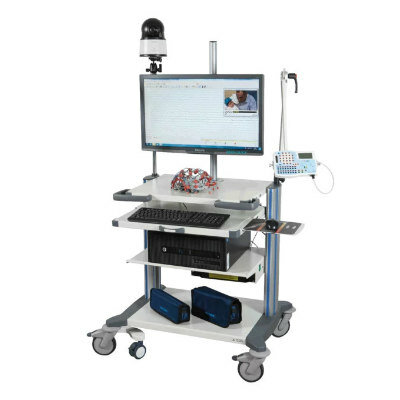Paracetamol During Pregnancy May Reduce Fertility of Daughters
By HospiMedica International staff writers
Posted on 26 Jan 2018
Taking the painkiller paracetamol (acetaminophen) during pregnancy may impair the future fertility of female offspring, according to a new review of studies.Posted on 26 Jan 2018
Researchers at Rigshospitalet Glostrup (Denmark) and Institut de recherche en santé, environnement et travail (IRSET; Rennes, France) reviewed three rodent studies that evaluated the effect of acetaminophen (N-Acetyl-p-Aminophenol; APAP) taken during pregnancy on the development of the reproductive system in female offspring. The rodents were given paracetamol during pregnancy at doses equivalent to those a pregnant woman may take for pain relief. The results collectively showed that prenatal exposure around 13.5 days post-coitum may result in reduced female reproductive health.
The combined data indicate that the exposure results in a reduction in primordial follicles, irregular cycling, premature absence of corpus luteum, and reduced fertility. According to the researchers, the overall combination of symptom resembles premature ovarian insufficiency syndrome in humans, which has been linked to premature menopause. They therefore recommend an inter-disciplinary approach that combines epidemiological data from human studies with more experimental research to firmly establish this link. The study was published on January 5, 2018, in Endocrine Connections.
“Although this may not be a severe impairment to fertility, it is still of real concern since data from three different labs all independently found that paracetamol may disrupt female reproductive development,” said lead author David Kristensen, MD, of Rigshospitalet, and colleagues. “As scientists, we are not in the position to make any medical recommendations, and we would urge pregnant women in pain to consult with their general practitioner, midwife or pharmacist for professional advice.”
Paracetamol, discovered in 1877, is classified as a mild analgesic, commonly used for relief of headaches and other minor aches and pains, and is a major ingredient in numerous cold and flu remedies. APAP use during pregnancy has previously been associated with an increased risk of childhood asthma and attention deficit hyperactivity disorder (ADHD), but it is unclear whether the relationship is causal. A similar study by the same researchers showed that paracetamol can inhibit androgens and prostaglandin action during male fetal development, resulting in reduced sex drive and aggressive behavior.
Related Links:
Rigshospitalet Glostrup














